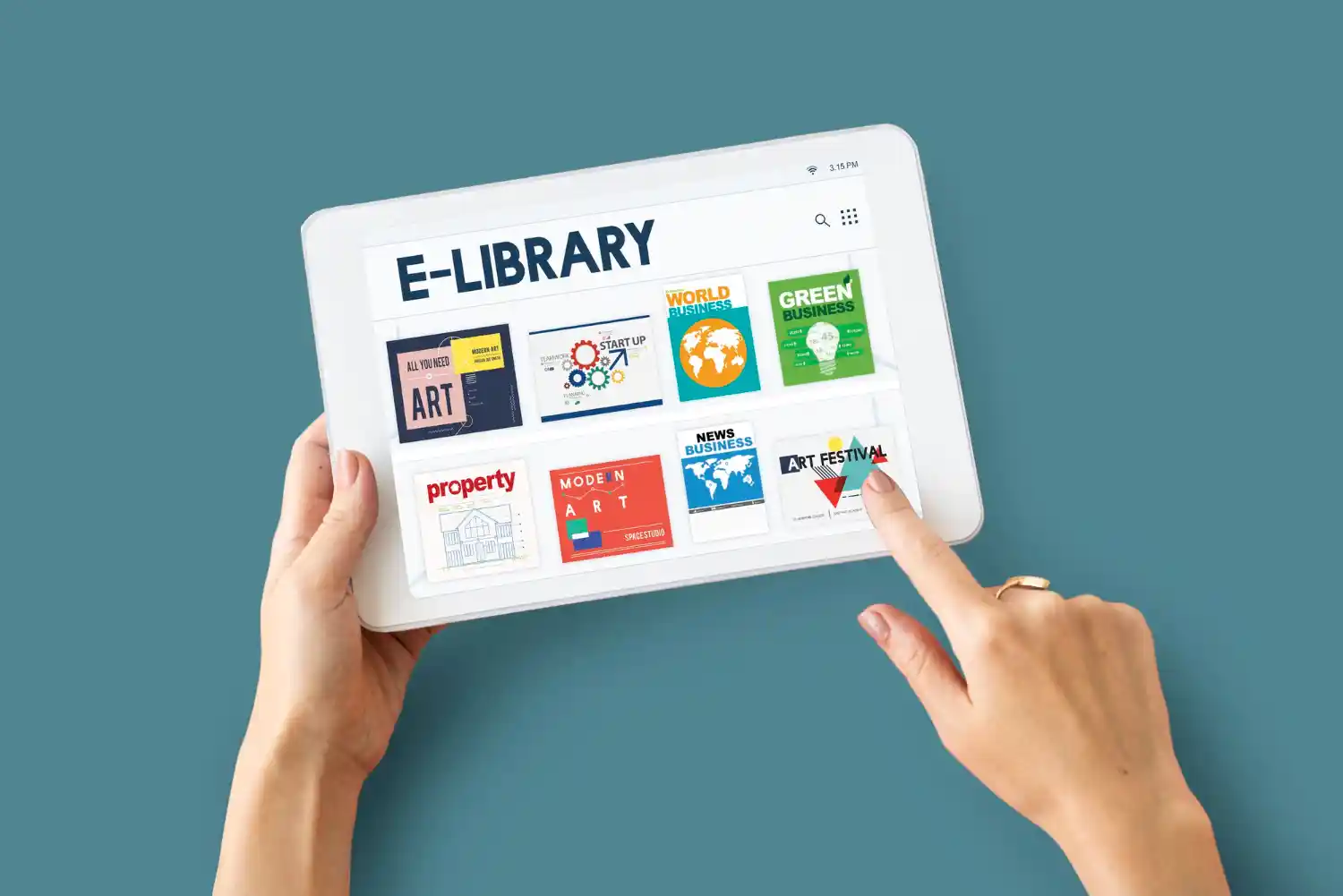In today’s world, access to information has become significantly easier and more democratic. Among the tools revolutionizing education and knowledge sharing, E-libraries stand out for their immense potential. Zlib is your chance to explore the world of books without paying. It offers a treasure trove of resources at no cost, making an array of literature accessible to all. This evolving landscape redefines how we perceive learning and research.
The Many Benefits of E-Libraries
An electronic library offers a host of advantages. Firstly it provides instant access to a massive collection of books, journals, and research papers. No longer tethered to physical locations, learners can delve into texts from anywhere and at any time. This convenience removes barriers tied to traditional libraries.
Secondly, e-libraries support diverse file formats. Whether a student needs an eBook, PDF, or audio version, digital libraries cater to these needs. This adaptability ensures inclusivity and caters to individuals with different preferences and requirements.
Furthermore, e-libraries are cost-effective. Traditional text acquisition often involves purchasing books or journal subscriptions. E-libraries, however, may offer resources free of charge or at a significantly reduced cost. Libraries such as Z library provide an unparalleled opportunity to access scholarly materials without financial strain.
Features that Amplify Learning
E-libraries come equipped with advanced search functionalities. Users can quickly locate specific texts or topics, streamlining the research process. Additionally, features like bookmarks, annotations, and highlighting enhance the reading experience, making it more interactive and personalized.
Moreover, many e-libraries support collaborative projects. Tools for sharing notes and discussing texts within the library interface foster a community-focused learning environment. This aspect encourages cooperation and collective growth among users.
Equally important is the preservation of rare and historical texts. E-libraries digitize and protect texts that might otherwise face deterioration, ensuring that future generations can access these valuable resources.
Types of E-Libraries
E-libraries vary based on their collection and user interface. Academic e-libraries specialize in scholarly articles, research papers, and textbooks. These are indispensable for students, researchers, and educators. Public e-libraries, on the other hand, offer a broad range of genres for casual readers and enthusiasts.
Another type is specialized e-libraries that focus on particular subjects or industries. These cater to niche audiences with tailored resources that support specific professional or personal interests.
Challenges and Considerations
While e-libraries offer significant benefits, they also present challenges. One key issue is the digital divide. Not everyone has access to the technology required to use e-libraries, such as smartphones or computers. This gap can hinder the democratization that e-libraries aim to achieve.
Another concern involves the legality of certain resources. Ensuring that all texts are available through proper channels is crucial to maintaining the integrity and credibility of e-libraries.
Finally, the sheer volume of content can overwhelm users. Effective navigation and curation are essential to help individuals find relevant and credible sources amidst the abundance of information.
A New Era of Learning
E-libraries represent a transformative approach to education and information access. They break down physical, financial, and temporal barriers, making knowledge more inclusive and adaptable to individual needs. Yet, they also pose challenges that require careful navigation and thoughtful solutions. As we move forward, recognizing the educational power of e-libraries and addressing their limitations can pave the way for a more informed and connected society.

